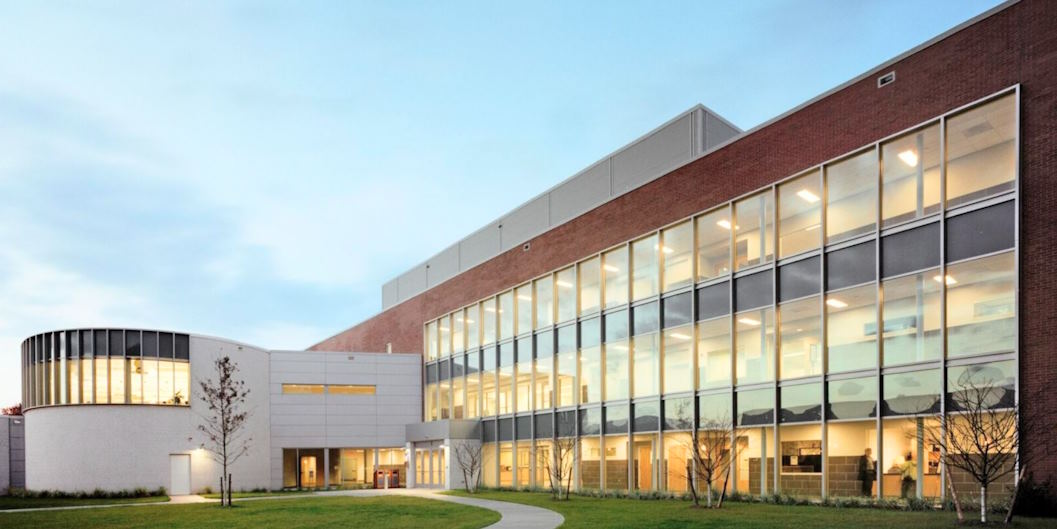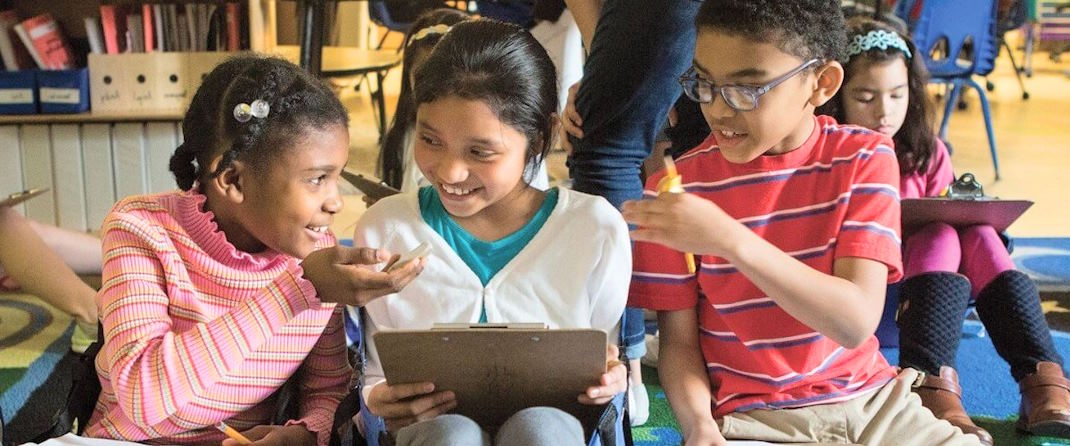Challenges and Solutions: Empowering Communities in Supporting Education
Limited Resources
Challenge
Many communities, especially those in economically disadvantaged areas, may lack the financial resources to support education effectively. It can result in underfunded schools and limited access to educational materials.
Solution
Communities can seek external funding through grants, partnerships with local businesses, or fundraising efforts. Additionally, prioritizing resource allocation within the community budget for education can help bridge funding gaps.

Lack of Parental Involvement
Challenge
Some parents may face barriers to involvement in their children’s education, such as work schedules, language barriers, or lack of understanding about the education system.
Solution
Schools and community organizations can offer flexible meeting times for parents, provide translation services, and offer educational workshops to engage and empower parents. Building a welcoming and inclusive environment encourages parental participation.
Teacher Shortages
Challenge
Many communities struggle with a shortage of qualified teachers, leading to overcrowded classrooms and limited access to quality education.
Solution
Communities can collaborate with local colleges and universities to establish teacher training programs and scholarships. It can attract educators to the area and improve the overall quality of teaching.
Educational Equity
Challenge
Educational opportunities and outcomes can vary significantly within a community, often along socioeconomic lines. This disparity can lead to unequal access to resources and educational success.
Solution
Implement policies that address educational equity, such as redistributing resources to schools in underserved areas, providing extra support for disadvantaged students, and offering transportation options to schools outside of their immediate neighborhoods.

Resistance to Change
Challenge
In some cases, communities may resist change, particularly when altering traditional curricula or teaching methods.
Solution
Community leaders can facilitate dialogues that emphasize the benefits of change, including improved educational outcomes and better preparation for the future. Involving key community stakeholders in the decision-making process can help overcome resistance.
Limited Access to Technology
Challenge
In today’s digital age, students need access to technology for learning. Communities without widespread access may find keeping students engaged and up-to-date challenging.
Solution
Community organizations can work with local businesses and government agencies to provide affordable or free internet access and devices to needy families. Libraries and community centers can also offer technology resources.
Sustaining Engagement
Challenge
Maintaining consistent community engagement in educational initiatives can be challenging over time.
Solution
Establish long-term plans and goals for community involvement in education. Creating a sense of ownership and pride in educational programs can help sustain engagement. Regular communication and recognition of community contributions also play a role in keeping the community engaged.
Cultural Sensitivity
Challenge
In diverse communities, navigating cultural differences and ensuring educational initiatives are sensitive to various cultural backgrounds is essential.
Solution
Schools and community organizations can provide cultural competency training for educators and community leaders. Involving representatives from different cultural groups in decision-making can also help create culturally sensitive educational programs.
